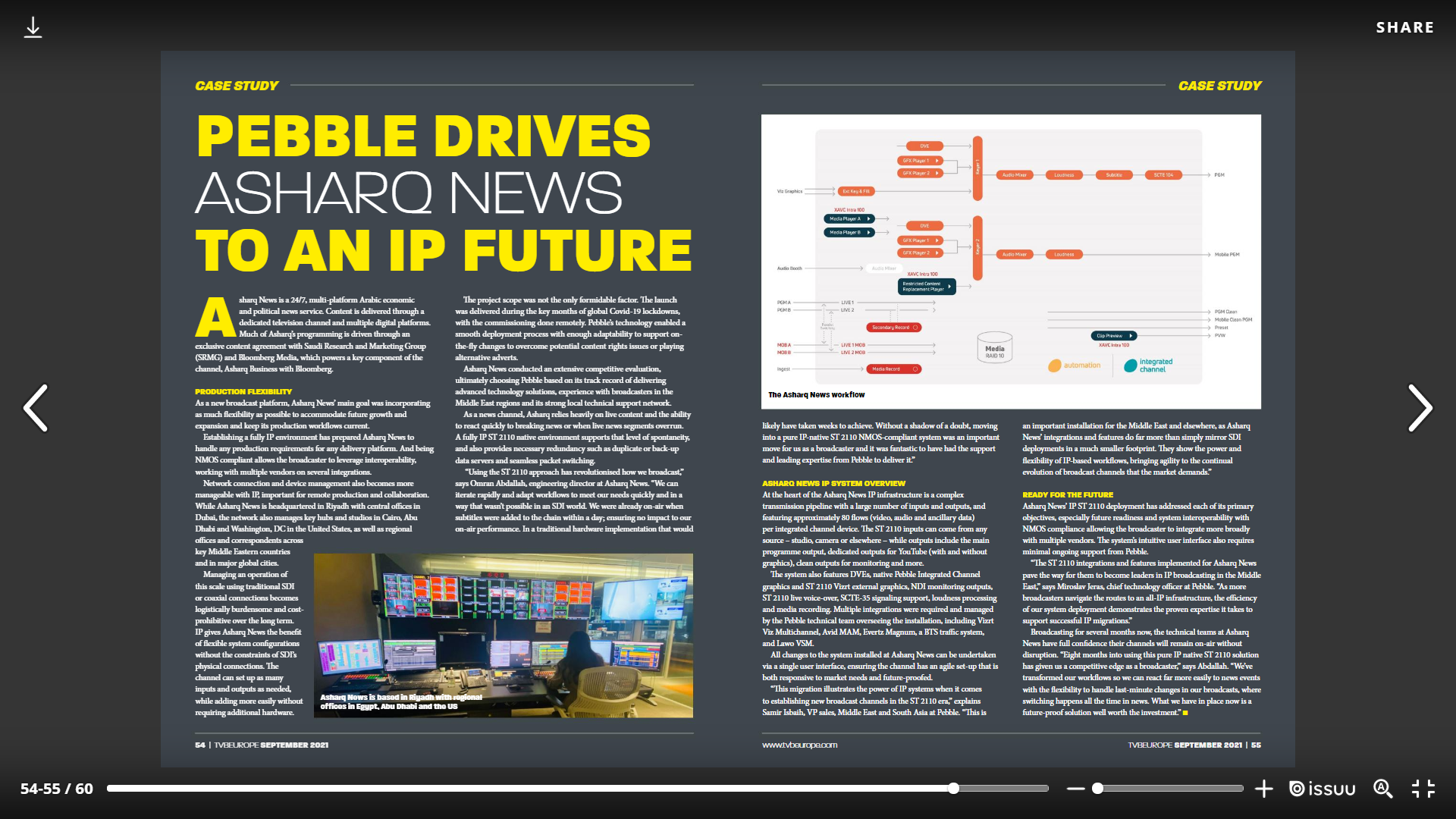TVBEurope Article
Written by Jenny Priestley with contribution from Yucel Timur, Director of Operations
TVBEurope hears from industry stakeholders about whether the TV industry could move to a shorter working week, and how they’re working to reduce colleague burnout.
Over the past 18 months the broadcast industry has dealt with some of the most challenging times it has ever faced. The pandemic forced broadcasters, vendors, and technologists to think on their feet in order to keep content on air when staff were asked to work from home. Even when stay-at-home orders were lifted, broadcasters had to develop new ways of producing shows while dealing with social distancing etc. Add to that a busy summer following the postponement of major sporting events, and it’s not surprising that some industry colleagues are in need of a break!
The idea of a four-day working week has been gaining ground around the world in recent years. France is said to be considering a move to limit the working week to 32 hours, while a four-day week trial is currently underway in Scotland. A recent UK report suggested a decrease in working hours increased productivity by 700 per cent.
But would that work for the broadcast industry, and how are companies working to reduce burn out? During the pandemic companies introduced everything from quizzes to virtual coffee mornings, and even a weekly virtual pub to keep in touch with colleagues and industry contacts. And the idea of a reduced working week is starting to gain traction…
Click HERE to read the article in full.


